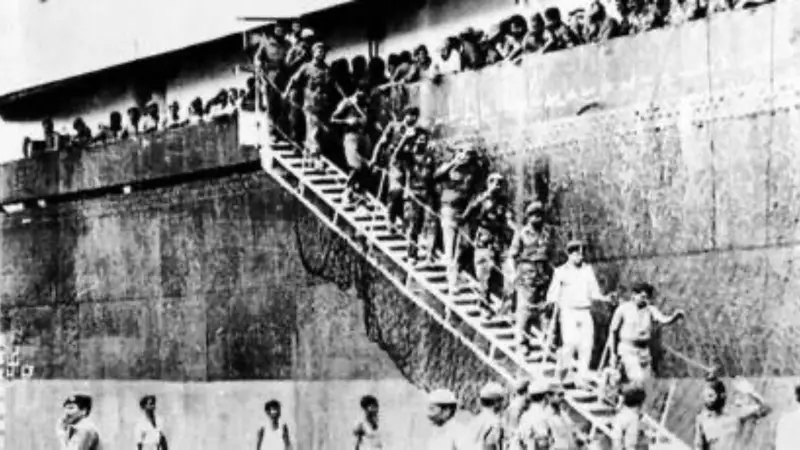
Indian Peace Keeping Force (IPKF) veterans have expressed strong condemnation against former diplomat and politician Mani Shankar Aiyar for what they term as "misguided and disrespectful" remarks about the Indian military's role in Sri Lanka during the late 1980s.
Veterans React to Controversial Statements
The controversy erupted when Aiyar made statements suggesting that the IPKF mission in Sri Lanka was fundamentally flawed and questioned the strategic wisdom behind the military operation. Veterans who served in the conflict have taken strong exception to these comments, calling them historically inaccurate and offensive to the memory of fallen soldiers.
Sacrifice and Service Disrespected
According to military sources, the IPKF veterans argue that Aiyar's remarks show a complete disregard for the tremendous sacrifices made by Indian soldiers during the peacekeeping mission. Over 1,200 Indian soldiers lost their lives while serving in Sri Lanka between 1987 and 1990, with thousands more sustaining injuries.
"When someone questions the very foundation of a military operation without understanding the ground realities, it disrespects every soldier who served there," said a retired officer who wished to remain anonymous.
The Historical Context of IPKF Mission
The Indian Peace Keeping Force was deployed to Sri Lanka following the Indo-Sri Lanka Accord signed in July 1987. The primary objective was to disarm various militant groups and help establish peace in the region. However, the mission quickly evolved into a complex counter-insurgency operation against the LTTE.
Military Perspective on the Operation
Veterans emphasize that soldiers operated under extremely challenging conditions in unfamiliar territory, facing an enemy that had mastered guerrilla warfare tactics. Despite these challenges, the IPKF achieved several military objectives before its eventual withdrawal in 1990.
Military experts point out that the IPKF operation represented one of India's most significant overseas military engagements since independence, providing valuable lessons in expeditionary warfare and counter-insurgency operations.
Growing Backlash from Defense Community
The defense community has largely rallied behind the IPKF veterans, with many serving and retired officers expressing solidarity. Several military forums and associations have issued statements supporting the veterans' position and criticizing Aiyar's remarks as uninformed and insensitive.
This incident highlights the ongoing sensitivity surrounding political commentary on military operations, particularly those that resulted in significant casualties. The veterans' strong reaction underscores the deep emotional connection soldiers maintain with their operational histories and fallen comrades.
Call for More Responsible Discourse
The controversy has sparked a broader discussion about the need for more informed and respectful public discourse when discussing military operations. Many within the defense establishment believe that political figures should exercise greater caution when commenting on complex military matters, especially those involving significant human sacrifice.
As one veteran put it, "We welcome informed criticism and academic discussion, but casual remarks that undermine the sacrifices of our soldiers cannot be tolerated."





